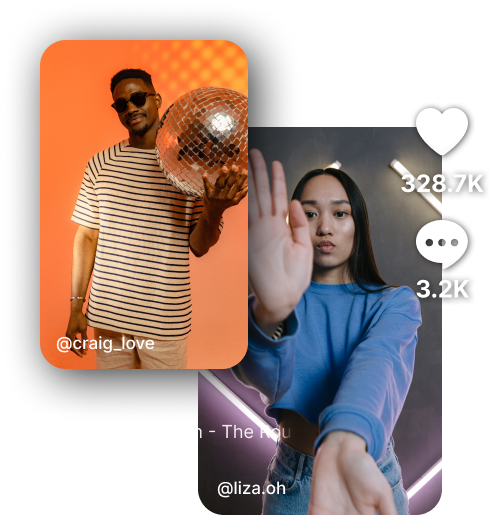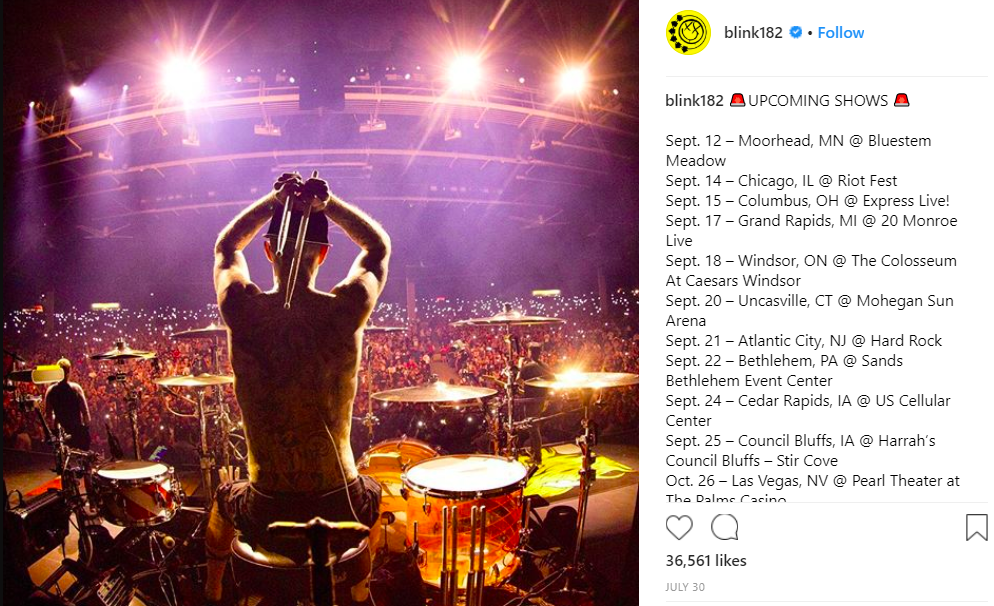How the Artist-Centric Model is Changing the Music Industry
In the ever-evolving landscape of the music industry, a profound shift is underway—one that places artists at the center stage like never before. This transformative movement, often referred to as the “artist-centric” model, has been reshaping the way musicians create, connect, and succeed. In this blog post, we’ll explore the key elements of this model, share inspiring examples of companies embracing it, and show you how VoxFeed plays a pivotal role in this exciting revolution.
Key elements of the artist-centric model may include:
Independent Release
Artists are increasingly choosing to release their music independently or through artist-owned labels instead of traditional major record labels. This allows them to retain more rights and a higher percentage of earnings.
Artist-Owned Labels
Many artists are establishing their own record labels to maintain creative control and ownership of their music. For example, Taylor Swift’s decision to re-record her early albums and release them on her label, Taylor Swift Productions, is a notable example.
Crowdfunding
Artists often turn to crowdfunding platforms like Kickstarter or Patreon to fund their projects and album releases. They offer exclusive content, merchandise, or early access to music to their supporters.
Direct Fan Engagement

Artists leverage social media and digital platforms to directly engage with their fans. Artists actively engage with fans on platforms like Instagram, Twitter, and TikTok. They share behind-the-scenes content, personal stories, and updates to build a loyal fanbase.
They may use platforms like VoxFeed, Bandcamp, or other fan-focused platforms to build a dedicated fanbase and generate income.
Fan-Driven Content
Platforms like VoxFeed facilitate fan-driven campaigns where artists can connect with fans to create content. For instance, an artist can collaborate with fans to make TikTok videos featuring their music or merchandise.
Streaming and Digital Distribution
Artists use digital distribution services to distribute their music to various streaming platforms, allowing them to reach a global audience without the need for a traditional record label.
Digital Distributors
Independent artists use services like DistroKid, TuneCore, and CD Baby to distribute their music to streaming platforms such as Spotify, Apple Music, and YouTube Music. These platforms allow artists to keep a higher percentage of their earnings.
Learn all about music distribution.
Playlist Placement
Artists actively seek playlist placement, which can significantly boost their visibility and streaming numbers. They may also leverage user-generated content on platforms like TikTok to drive streams and discoverability.
Merchandise and Live Shows
Artists create and sell merchandise, from T-shirts and posters to limited-edition items, on their websites and through e-commerce platforms. For example, Billie Eilish’s merchandise line is a significant part of her brand. Also, artists generate substantial income through live shows, including ticket sales, merchandise sales at concerts, and VIP experiences. Independent artists often plan and promote their own tours.
Ownership and Rights
Artists seek to retain ownership of their master recordings and songwriting credits, which can provide long-term income when their songs are used in commercials, movies, or covered by other artists. For instance, Chance the Rapper retained control over his music and released it independently.
Conclusion: The Future is Artist-Centric
The music industry’s shift towards the artist-centric model is a testament to the power of creativity, authenticity, and direct fan engagement. As artists take the reins of their careers, they forge deeper connections with their audience and navigate the industry on their own terms.
VoxFeed stands at the forefront of this revolution, providing musicians with the tools they need to thrive in the digital age. By embracing the artist-centric model and partnering with innovative platforms like VoxFeed, artists are rewriting the rules of the game and shaping the future of music.

